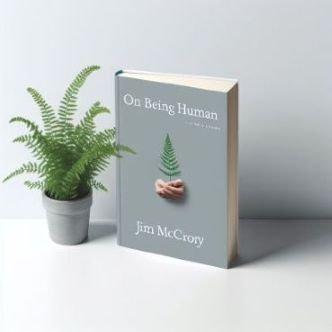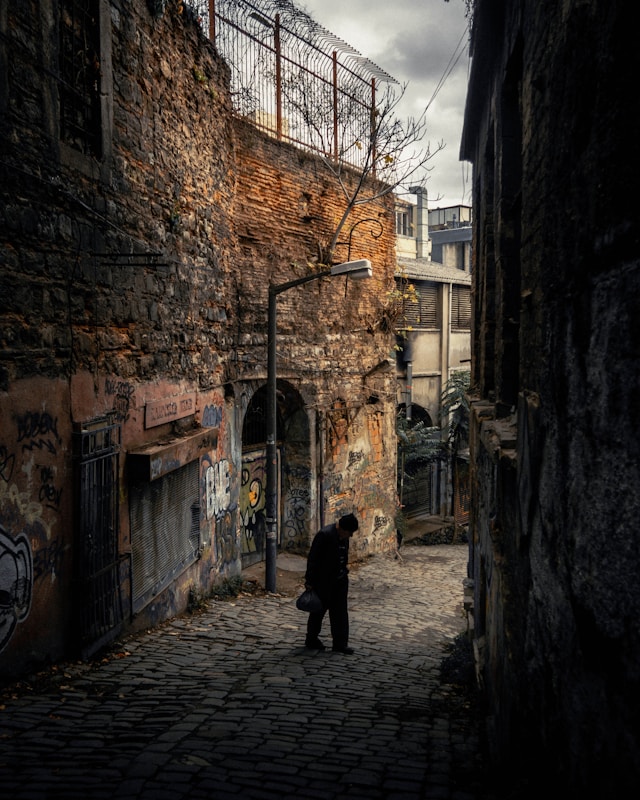
Image Generated by Copilot
A Day to Be Thankful For
It wasn’t about Glasgow. Not really. Not the shopping, not the Americano in the street café, not the book I read whilst relaxing there. I had cabin fever. The walls of routine had closed in this week, so I did what my spirit sometimes insists upon: I took the train to Glasgow and let the day unfold, unplanned.
It was about connection.
A street evangelist stood near Buchanan Street, handing out tracts with a soft earnestness. What struck me was his courage—standing alone in a world indifferent at best. But wait—two young, pleasant men approached as I was speaking to the dear evangeliser. They said to him, I see you, my brother. There was a warmth in their greeting, a reminder he was not alone in the apathy of the busy street. These three pilgrims—me included—brought hope to the fellow traveller. We spoke gently, honestly. It reminded me of the early days of faith, when conviction hadn’t yet calcified into doctrine, when love still led the way.
Then in Waterstones, the title of the day had to be And the Roots and Rhythm Remain by Joe Boyd—a line taken from the Paul Simon song. I discussed it with a man, and we entered a dialogue about the strangeness of aging and, of course, books: Zadie Smith, Dostoevsky, Barbara Kingsolver, and many more. But then—we knew someone in common, despite our geographical distances. Talk about six degrees of separation. So much packed in, in the time it takes to down an espresso.
By the time I got to Glasgow Central, I’d missed my train.
“Maybe that’s not a mistake,” I said to myself. “Maybe it’s how we were meant to meet.”
A thought worth keeping under the banner of divine providence.
I sat beside a young Kurdish man waiting for his train to Birmingham. Young—for such depth. Composed. Kind. Filled with hope. He was destined to become an aircraft engineer; may God bless his pathway. Sometimes we carry home in people we meet, albeit fleetingly.
And there it was. The thread that had run quietly through the day. Not city sights, not caffeine or comfort, but people. Encounters. The mosaic of humanity that reminds you how vast and beautiful the family of man is. Different languages, faiths, skin tones, histories—but all bearing the same fingerprints of God. All aching, hoping, surviving, loving.
I took the train home full, not of things bought, but of souls met.
Gratitude, I find, comes unbidden on days like this. It slips in like light through the cracks of a weary heart. I am thankful for the reminder: we are not alone, and the world—despite its noise and sorrow—is still filled with goodness if we dare to look up and see it in one another.
comments to jas36859jas@gmail.com



